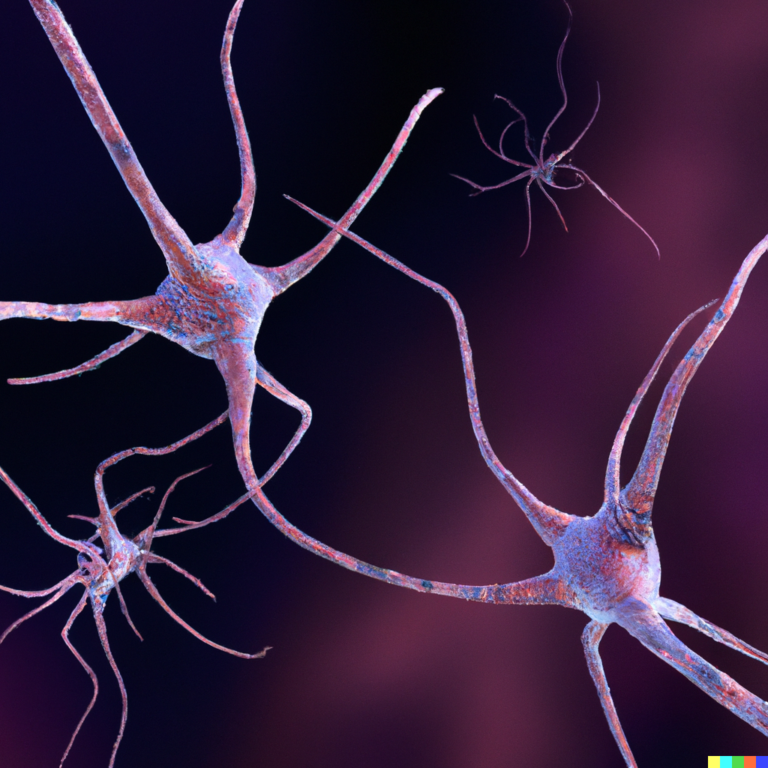Hydatid cyst brain, also known as cerebral hydatid disease, is a rare parasitic infection that affects the central nervous system. It is caused by the larval stage of a tapeworm called Echinococcus granulosus, which is usually found in the intestines of dogs and other carnivorous animals. When humans come into contact with the eggs of this tapeworm, they can develop a cyst in their brain, leading to serious health complications.
The lifecycle of Echinococcus granulosus begins when the eggs are passed out in the feces of infected animals. These eggs can contaminate the environment and be ingested by humans through contaminated food or water. Once inside the body, the eggs hatch into larvae, which can then travel through the bloodstream to various organs, including the brain. The larvae form a cyst inside the brain, where they can remain for several years without causing any symptoms.
The symptoms of hydatid cyst brain can vary depending on the size and location of the cyst. In some cases, patients may not experience any symptoms at all. However, as the cyst grows larger, it can put pressure on surrounding tissues and cause symptoms such as headaches, seizures, blurred vision, and difficulty with balance and coordination. Some patients may also experience neurological deficits, such as weakness or numbness in certain parts of the body.
Diagnosing hydatid cyst brain can be challenging as it is a rare condition and has similar symptoms to other brain disorders. However, imaging tests such as MRI and CT scans can help in identifying the presence and location of the cyst. A blood test can also be done to detect antibodies to Echinococcus granulosus.
Treatment for hydatid cyst brain typically involves surgery to remove the cyst. However, this can be a complicated procedure as the cyst is often located in critical areas of the brain. In some cases, doctors may choose to drain the fluid from the cyst or use medications to shrink it before attempting surgery. After the cyst is removed, patients may need to take anti-parasitic medications to prevent recurrence of the infection.
If left untreated, hydatid cyst brain can lead to serious complications, including permanent brain damage, paralysis, and even death. Therefore, it is crucial to seek medical attention if you experience any symptoms that may suggest the presence of a cyst in your brain.
Prevention of hydatid cyst brain involves taking precautions to avoid contact with the tapeworm eggs. This includes practicing good hygiene, washing fruits and vegetables before consuming them, and avoiding consumption of raw or undercooked meat. It is also important to regularly deworm pets and avoid contact with stray dogs or other animals that may be infected.
In conclusion, hydatid cyst brain is a rare but serious condition caused by a parasitic infection. It can lead to various neurological symptoms and complications if left untreated. Therefore, it is essential to seek medical attention if you experience any symptoms suggestive of this condition. By taking preventive measures, we can reduce the risk of contracting this infection and protect our brain from its harmful effects.





